Developing Your Course Syllabus
Preparing the Course Syllabus
Instructors of record are responsible for developing course syllabi. The first step in preparing to teach a class is to prepare a comprehensive syllabus. The university requires consistent elements in each syllabus including a brief description of each major course requirement, each major assignment and examination, learning outcomes, required/recommended reading, and a general description of the subject matter of each lecture or discussion. Other areas that should be covered include:
- Title and section number of the course
- Instructor’s name, office number, office telephone number, and e-mail address
- Office/consultation hours
- Required or recommended textbooks, workbooks, and other supplies (such as clickers)
- Course goals
- Grading policy (relative weights of components of the grade)
- Academic dishonesty policy (See Appendix 2: Standard Syllabus Language.)
- Attendance policy
- Semester drop dates
- Retention of student records policy (See Appendix 2: Standard Syllabus Language.)
- Policy on accepting late work
- Other policies about conduct in class and on online forums (See Appendix 2: Standard Syllabus Language.)
- Course content by topics and dates
- Assignments
- Approximate test dates
- Deadlines for turning in assignments
- Disability accommodation statement (See Appendix 2: Standard Syllabus Language.)
- SPOT (Student Perceptions of Teaching) information
- Other items required by the academic unit
Note: For online courses, the syllabus must include information for F1 visa holders. Requirements and recommendations may be found at clear.unt.edu/f1visa.
The syllabus is a contract between students and the instructor that includes expectations and responsibilities for both such as learning outcomes, assignments that help students achieve these outcomes, and assessments used to determine if students are learning. Policies and procedures are included in order to make expectations clear to all. The syllabus is also a permanent record for a course and can become a part of a review process for instructors, departments and institutions. Often it is linked to accreditation standards for a department or discipline.
As part of the “Succeed at UNT” initiative, it is suggested that the following language be included in course syllabi:
UNT endeavors to offer you a high-quality education and to provide a supportive environment to help you learn and grow. And, as a faculty member, I am committed to helping you be successful as a student. Here’s how to succeed at UNT: Show up. Find support. Get advised. Be prepared. Get involved. Stay focused.
To learn more about campus resources and information on how you can achieve success, go to succeed.unt.edu
Some instructors elect to provide a separate document for students that accompanies the syllabus. This document can be in the form of a letter to students or even a guide for successful participation in the course. This document can offer further explanation to students about
- The instructor’s philosophy of teaching and learning
- The nature of the course; i.e. what is exciting and engaging within the course
- What students can expect from the course; i.e. what they can “take away” from the course
- Students responsibilities for achieving course outcomes
- Types of interactive experiences students can expect to have
- Instructor and student roles and how these roles interact
- Descriptions of assignments
- Opportunities for student choice within the course
- Support students can expect to receive while working in the course and campus resources
- What skills students will need to engage in this course and how they can attain these skills
- Recommended study habits and tools needed for the course
- Prior knowledge and experiences that are helpful and how students can determine if they are ready for the course
The syllabus should map out plans for the semester, including approximate due dates for assignments and exams. It is good practice to tell students that the schedule is a guide for the semester and is subject to minor modification as the course develops.
Appendix 2 of this handbook provides some standard language about various UNT policies (e.g., ADA statements, academic dishonesty policies, attendance requirements). Instructors may use this language in their syllabus; in fact, they are encouraged to do so.
A copy of the course syllabus should be turned in to the department administrative assistant during the first week of the semester, along with a separate listing of office hours. Instructors should also ask the department’s administrative staff, chair, or faculty mentor about the UNT Faculty Information System (Faculty Information System facultyinfo.unt.edu ). This system, which is required by state law, serves as a public repository for all syllabi. To comply with state law, instructors must upload all syllabi by the 7th class day, so it is unwise to wait until the last minute to prepare the course syllabus. Each instructor must also upload a copy of his or her curriculum vita for the Faculty Information System; this should be completed before the semester begins.
